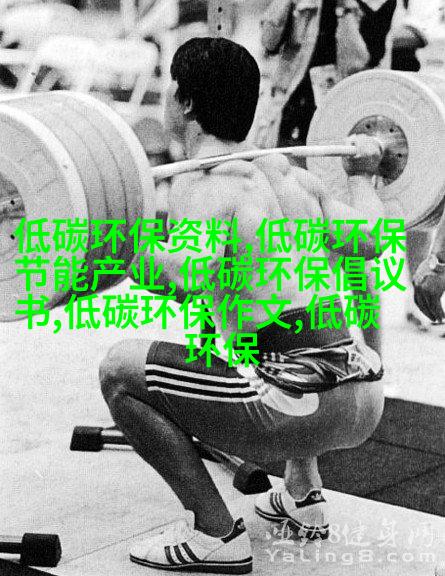1.1Chemical Reactions and Filtration: The Importance of Laboratory Equipment

在进行化学反应时,能够精确控制和观察过程是至关重要的。过滤操作是一种常见且关键的步骤,它涉及到将溶液中的悬浮物、颗粒或杂质从清澈溶液中分离出来。这一过程可以通过各种不同的过滤器来完成,其中包括纸质过滤器、玻璃纱布以及其他特殊材料制成的筛网。
1.2The Purpose of Filtration in Chemical Experiments

在化学实验室,过滤不仅仅是一个简单的手续,而是一个科学技术应用。它允许研究人员对混合物进行分析,识别和分离不同组分,并用于纯化产品。在某些情况下,比如重结晶实验中,高效地去除杂质对于获得高纯度样品至关重要。
1.3Filtration Techniques: A Brief Overview

根据所需结果和可用的资源,可以采用几种不同的过滤技术。以下是一些最常见的方法:
1.3.1Vacuum Filtration

这是一种强大的技巧,当需要处理大量样品或者需要快速收集大量沉淀物时尤其有用。在这种方法中,一端连接到真空泵,以减少气压,从而降低沸点并增加浓缩速率。此外,这使得沉淀物更容易被移出并回收。
1.3.2Gravity Filtration

这是最基础的一种方法,在没有真空设备的情况下执行。当沉淀物足够稳定,不会被轻微移动影响时,就可以使用这个方法。不过,由于无力作用较小,因此通常只适用于较小量的小规模实验。
1.3.3Centrifugal Separation (Spin Filter)
这是一项更加现代且精密的手段,它利用旋转力学来加速固体与液体之间的地球引力的作用,从而促进分离。此技术特别适合那些难以手动隔离或沉淀速度慢的问题性悬浮液,如含有细菌或细胞的大量生物样本。
1.4Filtering Media: The Key to Successful Separations
为了成功完成任何一次filtration操作,都必须选择正确类型和大小孔径的filter media(即filter material)。不同的media具有各自特定的优点,但都有可能成为解决方案。如果媒体尺寸太大,则无法有效捕捉想要去除的小颗粒;如果太小,则会阻塞媒体,使其难以继续工作甚至破裂。此外,一些media比如活性炭,有着额外功能,如吸附污染物,从而提高净化效果。
Conclusion:
In conclusion, filtration is a crucial step in many chemical experiments that requires careful planning and execution to achieve the desired results through the use of appropriate laboratory equipment and techniques.
Over time, advances in technology have led to improvements in filtration methods, making it possible for researchers to separate even the finest particles with precision and efficiency.
By understanding the importance of filtration and how different types of filter media can be used effectively, scientists can unlock new possibilities for their research projects while ensuring high-quality results that are essential for advancing scientific knowledge.
Through proper training on various laboratory tools like vacuum filters, centrifuges, glass wool filters, activated carbon filters etc., students will gain hands-on experience working with these devices which is invaluable as they progress into more complex research projects or industrial applications where precise control over experimental conditions is vital.
As we continue exploring new ways to apply filtration principles in various fields such as environmental science or pharmaceuticals; our ability to choose suitable filter materials combined with an understanding of modern separation technologies will ensure future breakthroughs come from a solid foundation built upon practical skillsets acquired during early years at school laboratories – so let us embrace this journey together!




